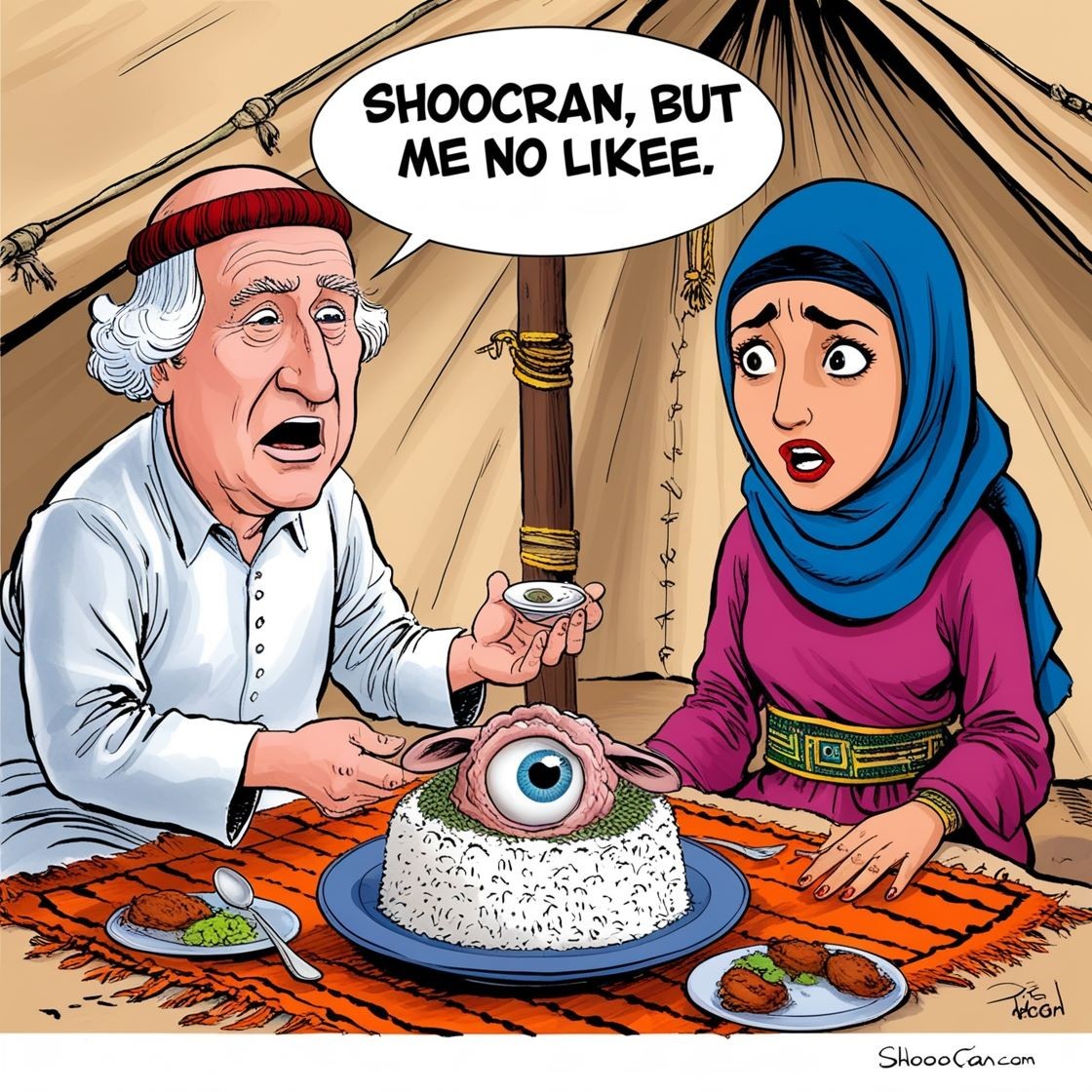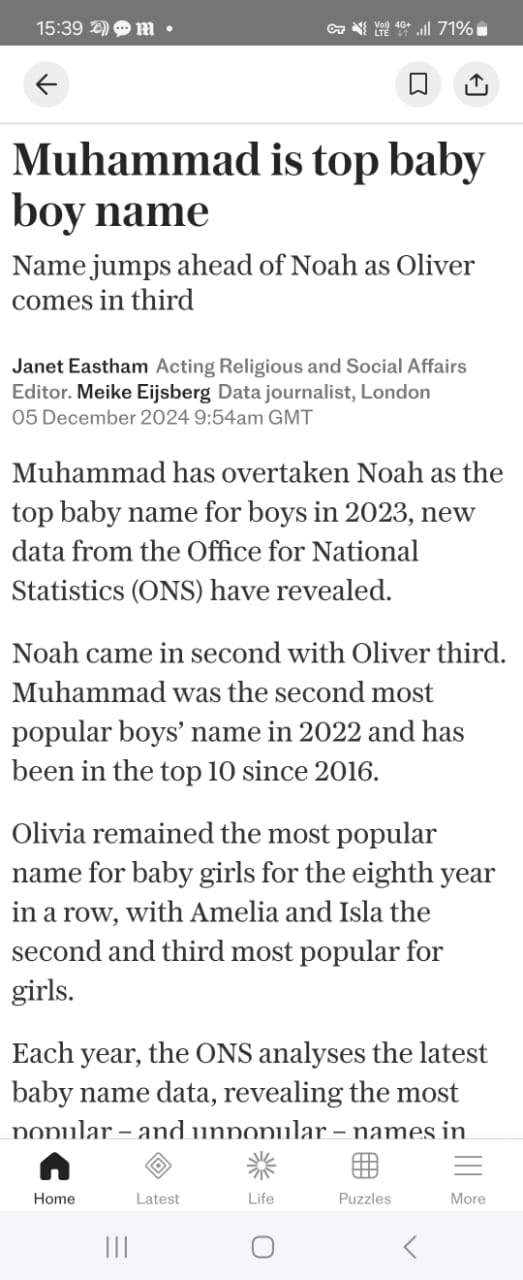
Cecil Rhodes is credited with saying “Remember that you are an Englishman and have consequently won first prize in the lottery of life.”
Now was that because we are lucky in that so many Jonny foreigners speak English as a second language, which means we do not need to learn a second language ourselves? I suspect it was. indeed, how lucky are we?
I often joke that I can only say “two beers please” in numerous languages, but sadly I cannot. The best I can do is “good morning” and “thank you” in a few, and then I often get them mixed up, in that I have been known to say “merci” in Italy, and “guten morgen” in France.
Regards the beer order, if the foreign bar staff do not understand, I do like all good Englishmen do and raise my voice and press repeat. If still no comprendo, it’s revert to the V sign and imitate a glass to mouth saying “cerveza, s'il vous plaît.
My wife is Latvian, and I write this section on their very important historical day of independence:18/11. Which occurred one week after Armistice Day. Although then there was still fighting take place between the combatants.
Regards the Latvian language, I have only mastered “good morning” and “thank you”. I never managed “good night” unless it was written on the back of my hand. Good morning is easy for an Englishman: ‘labrīt’ However, I have been known to walk through Riga saying “paldies” (thank you) to people I pass. To make that even worse, my wife says that Latvians do not take kindly to strangers saying “good morning” to them, they think those people are after something!
Language is interesting in its origins. Simple things like the word “one” being similar in so many different languages is fascinating. Similarly, the Baltic nations: Latvia, Lithuania and Estonia have entirely different languages. Although I should not be surprised as I once skied in Italy and the instructor said that his mother is from a small area nearby where they all speak Portuguese!
I do wind my family up by saying no wonder Latvians have never conquered other lands. They were too busy arguing where to place commas and strange symbols above or below certain letters in words, to assist with their pronunciation. In the meantime, we British were painting the world pink. What an embarrassing colour to have chosen: they should had gone with British Racing Green. To shut me up, her boys confirmed that the Caribbean Island of Tobago was once colonized by the Duchy of Courland and Semigallia, which is now part of Latvia, from 1654 to 1659 and again from 1660 to 1689.
Zinta (my wife) has recently found that www.ancestry.com can access the Latvian newly online scanned birth, marriage and death registers, which is the main are church records. So, she has abandoned research into my ancestry and now concentrates on her own family. Luckily, in doing my research, she had not found any ancestors that were slave owners but has established that one did live and die in a workhouse and one grandfather that became a German POW in the same month that he was mobilised to France in WW1.
Continuing the theme of winning the lottery of life, and ignoring the current Great Replacement.
For those equally as ignorant as I was about the history or indeed the location of Latvia: The Baltic nations were once inhabited by pagans, and these areas were the first point of conversion during the Crusades.
These Crusaders were mainly of German origin, who after introducing the peasants to Christianity, then decided to stay for 800 years, build large houses and used the locals as serfs. They were eventually kicked out by a revolution, but that freedom was short lived, as the Russian Empire soon took over, followed again by the Germans in WW11, followed by the Soviets who remained until Glasnost. Even now lots of Russians remain and today there are cities in Latvia, that are predominantly Russian speaking. It was fascinating watching some areas in Riga setting off New Year’s fireworks at 23:00, which is midnight Moscow time.
We believe our situation in the UK during the wars was desperate, but imagine if your grandfathers were fighting each other, one having been coscripted by the German army of occupation, the other by the Russian army as they later came through.
I hope to persuade my wife to write about that country’s history, and some of what happened to her ancestors is truly shocking. One male ancestor making the journey to Siberia in a cattle truck because of his political beliefs, who then lived the rest of his life out there, and never seeing his wife and daughters again. But the full history of that nation is complex, and she wants to do more research and to be able to quote References in an article. Blimey, real journalism!
I share this with you just to show how complicated the Latvian language and heritage is. Firstly, brothers/sisters and husband/wives have slightly different Surnames. My wife retains her Maiden name of Baņğiere, her brother has the Surname of Baņğieris, like their father. Names ending in ‘e’ being female, ending in ‘is’ is male. There are exceptions: her previous married Surname was Kuzma, and because that already has a female ending, she was a Kuzma. Her ex-husband and two sons are also Kuzma. Just to add to the complications, Baņğiere/Baņğieris has a comma below the n, and a tick above the g. (possibly not shown when this is published) All to help with pronunciation.
Another quirk is that in addition to birthdays, Latvians celebrate ‘name days’ and what was even more surprising to me: so, do many other nations.
For those who like me, who expected 25/12 would have Jesus in that calendar. No, it has two girls’ names only. Pity those girls born on Christmas Day in Latvia and given the name of Larisa or Stella. Unlike being born on Christmas Day in the UK, when you only dip out on one present. NB. Ādams and Ieva name days are celebrated on Christmas Eve, in more than one country.
If confirming her ancestry was not complicated enough, the ‘German occupied period’ records have different spellings for names. For instance, one of her great grandmothers had the Surname Žugne (naturally the Z has a strange symbol above) in the German records of that time, it was recorded as Schugne. Fortunately, with those sensible Germans no fancy symbols. Later, those records were written in the Russian language, which Zinta can read.
Russian was taught in Latvian schools and as most of the shop keepers near her home were Russian, if you were unable to speak their language you often could not get served. It wasn’t all misery though, as a school child she was taught to strip down and reassemble a Kalashnikov, during Civil Defence lessons. With the girls usually being quicker than the boys.
So, I bet you now feel even more relieved to had won the lottery of life, in never being occupied. But wait, what is the most popular first name nowadays in the UK?

The Great Replacement is not happening in The Baltics, if you ignore the Russians that stayed.
In starting to renovate her ancestral farmhouse, there were two wow moments for me: I found a Russian WW1 rifle and ammunition hidden under floorboards that even her father could not have known about. The second find hat intrigued me were envelopes with Adolf Hitler postage stamps on.
The first family home sat on a hill overlooking the River Daugave, which was the border between Russian and German forces in both wars, and that house was destroyed by German shelling. The replacement house built between the wars was located down the rear of the hill and survived.
Here to lighten the mood, is my favourite piece of Latvian. It is used by the police to determine sobriety for driving: šaursliežu dzelzceļš
It is Latvian for ‘narrow gauge railway’ copy that into Google translate and have a listen.
Anyways, back to the No 1 language, which has a lot of quirks, which I only started paying attention to recently. Zinta does archiving and Facebook posts for our village local history group. So, I am often being asked by her how to spell and pronounce certain words or being asked, what were their origins. Sometimes she asks what the background to certain expressions is, that I come out with, and not just FFS. (she knows that one)
She often asks me what accent people on TV, or the radio have, and that is a minefield. I told her Tom Armstrong is a Geordie (please respond Tom)
I suspect not unique to Norfolk, but we have some great pronunciations of place names:
Wymondham, pronounced Wimdum
Happisburgh, pronounced Haysborough
Unpronounced letters, and trying to explain that to foreign wife
e.g. L in Salmon and W in Norwich and Answer, cutely, she always pronounces the W in answer. She enjoys these anomalies: “as otherwise English would be even more of a primitive language”
And why are the English the worst at speaking English? Dunno!
I would say my wife and her sons all speak better English than I do. And in the family WhatsApp group, her boys often wind up each other in English for the benefit of the only non-Latvian speaking member of the group. Even though I have a CSE (remember them?) in English grammar. When they talk about declination and conjugation, I believe they are speaking Latin. Most of my friends are equally as bad at only speaking pidgin English only.
Example witnessed: Dutch chap we were socialising with: “could you please tell me the time”
English friend: “sure, it’s coming up to quarter past”
From my school days, I can remember “Quelle heure est-il?” but I would be stumped if they answered in French, rather than show me their watch.
And we have so many words with different meanings that sound the same:
Six: Here/hear/her/hair/heir/hare, but they only sound the same if spoken in some good Norfolk. I have obviously been generous with identifying six words, but does anyone know of five or four?
Five: TBC
Four: TBC
Three: so/sow/sew, flue/flu/flew, reign/rein/rain, ore/awe/augh, pear/pair/pare (Norfolk only) were/where/wear (with two meanings for wear!) weigh/way/Wey, born/borne/bourn. I have Fiscal McPhee to thank, for coming up with bourn.
Two: damn/dam, sore/saw, hole/whole, Wales/whales, toe/tow, luck/look, queue/cue, know/no, knew/new, idle/idol, program/programme, route/root, suite/sweet, presents/presence, course/coarse, really/rarely, plain/plane (two of the latter, if you abbreviate aeroplane), dye/die, whet/wet, fishing/phishing, steering/staring, cord/chord, prophet/profit, knight/night, wright/write, great/grate, sight/site, straight/strait. OK I am struggling now, but there must be more……moor!
Pronunciation of words, with no identification for different sounds
e.g. Major vs Manor. Target vs Agenda, Zinta pronounces it tarjet.
Live vs Live. As in: “he is a live wire, let him live”
Lead vs Lead. As in: There is no lead in this dog lead.
Plough vs Trough
https://www.youtube.com/watch?v=sO6EE1xTXmw
Here’s a weird one: ‘Ear defenders’ do not actually protect your ears; they protect your hearing, and should that sense not be ‘earing’? Which most certainly will hurt your ears if wearing them with ear defenders.
Stage Door Johny covers lots of these: https://www.youtube.com/shorts/KKHjei2O1O0
I do feel very proud in educating my wife to speak good old ‘pidgin Inglish’ We were driving alongside some marshes on route to doing a dog walk on Great Yarmouth beach. She says: “look at that windpump, it is seriously on the piss”. Good girl, that was indeed once a pump.